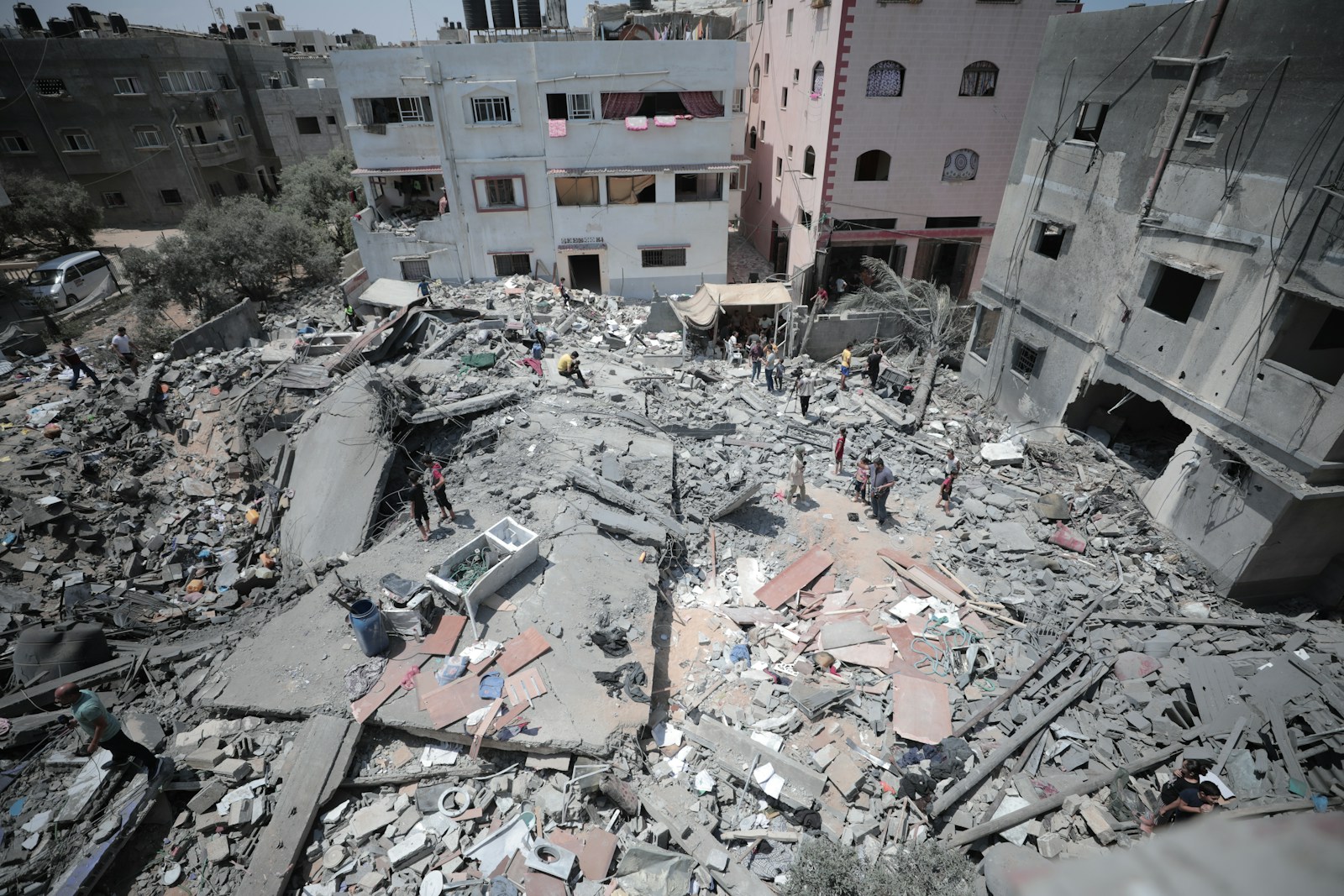U.S. Aerial Deliveries in Gaza: A Controversial Humanitarian Gesture



In a move that has stirred up controversy among international aid groups, U.S. military cargo planes have initiated a series of food airdrops in Gaza. This action comes as a response to the ongoing conflict that has left the region in dire need of humanitarian aid.
A Controversial Strategy
On March 2, 2024, the United States, in collaboration with Jordan’s air force, executed the first of several planned humanitarian aid airdrops over Gaza. The aim of these missions is to provide essential relief to civilians affected by the constant conflict in the region.
The U.S. Central Command stated that the C-130 planes used in the operation dropped over 38,000 meals along Gaza’s coastline, granting citizens access to critical aid amidst a humanitarian crisis catalyzed by almost five months of warfare.
A Matter of Efficiency
Despite these efforts, the U.S.’s strategy has been met with significant criticism from members of international aid organizations. They argue that the airdrops are largely symbolic and inefficient, serving more as a public relations move rather than a practical solution to the ongoing crisis.
Dave Harden, former USAID director to the West Bank, expressed his concerns to Al Jazeera. “Really what needs to happen is more crossings [opening] and more trucks going in every day,” Harden said. He emphasized that the U.S. has the potential to compel Israel to allow more aid, and by failing to do so, it risks creating more chaos in Gaza.
The Role of International Aid Organizations
UK-based charity Medical Aid for Palestinians (MAP) echoed Harden’s sentiments, stating that the U.S., along with the UK and other nations, should focus their efforts on ensuring that Israel opens all crossings into Gaza for aid.
Oxfam, another major international organization, also criticized the Biden administration’s plans. They described the airdrops as an attempt to assuage U.S. officials’ guilty consciences while delivering only a symbolic amount of aid to Gaza.
The Response of the Palestinian Foreign Ministry
The Palestinian Foreign Ministry, too, reproached the U.S. for its actions, calling it a “weak, marginal state” unable to secure aid for Palestinians. They expressed disappointment in the U.S.’s inability to deliver aid in an organized manner.
Not all feedback has been negative, however. U.S. Senator Bernie Sanders praised the U.S.’s move, stating, “I applaud President Biden for understanding that there is a dire humanitarian crisis in Gaza.”
The International Community’s Role
Mahjoob Zweiri, the director of the Gulf Study Centre in Doha, emphasized that the international community is not exerting enough pressure on Israel to permit the waiting aid trucks to enter Gaza by land. He pointed out that there are 2,000 trucks waiting to get into Gaza at border crossings. Meanwhile, food and medicines are piling up and expiring due to the delays.




